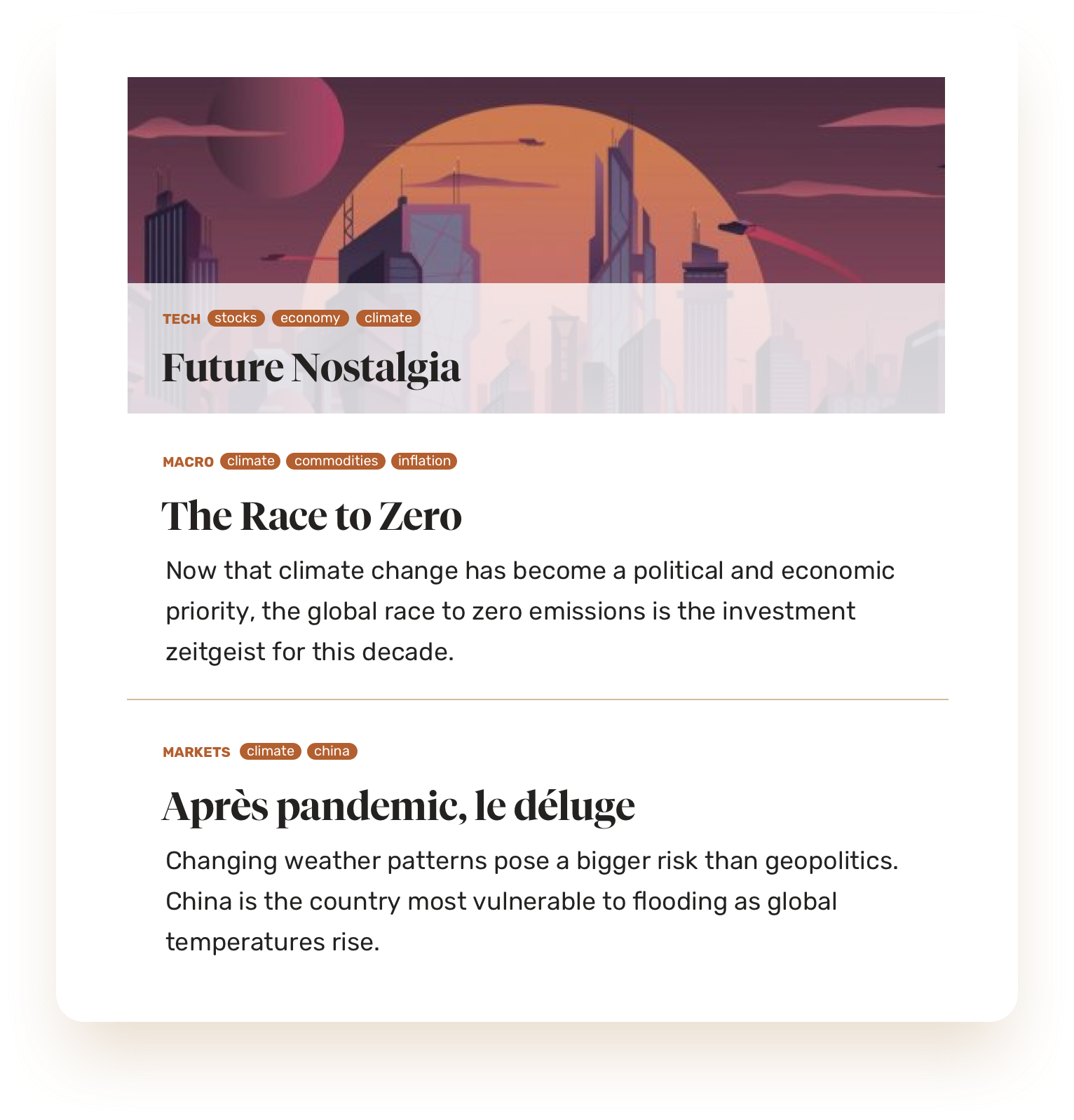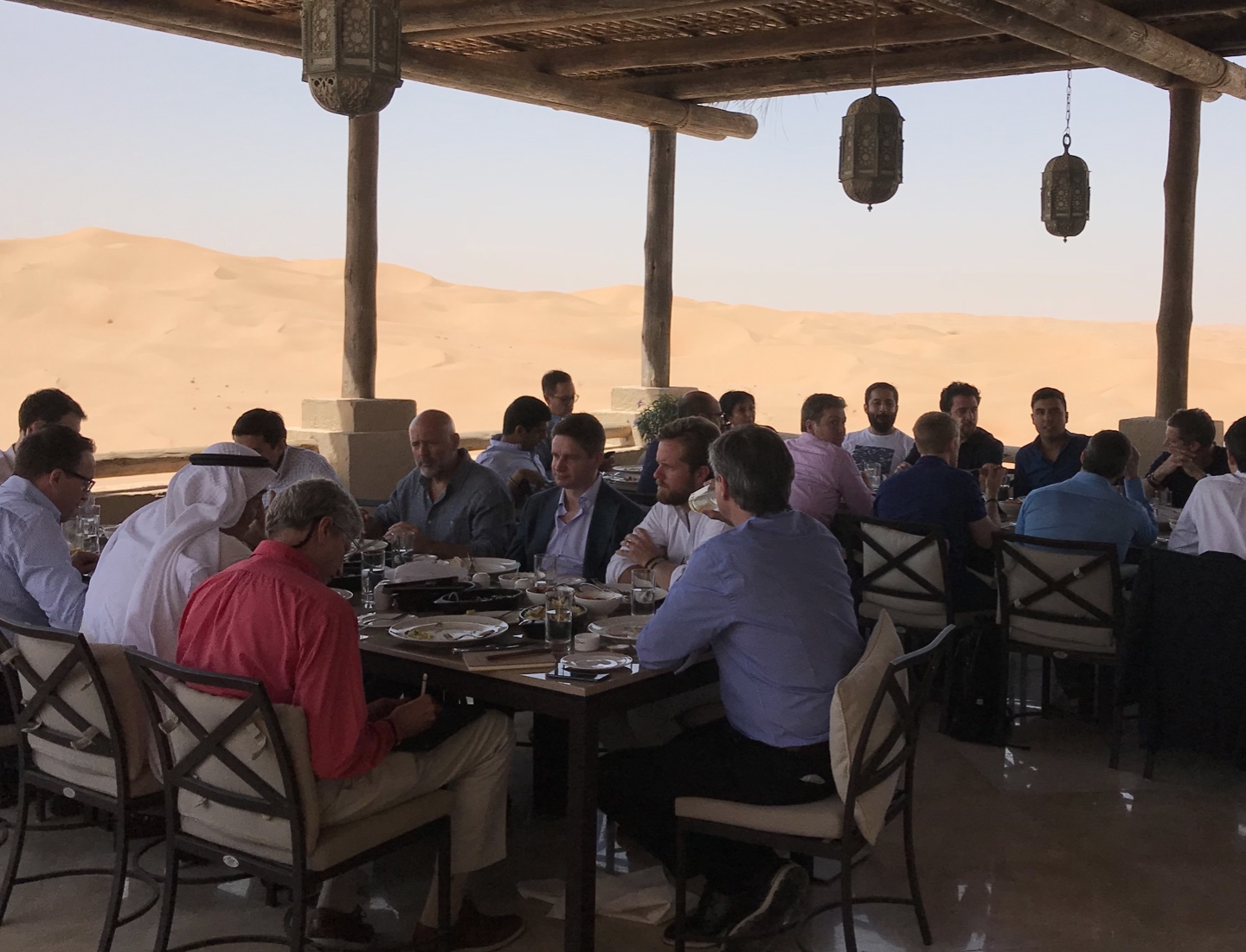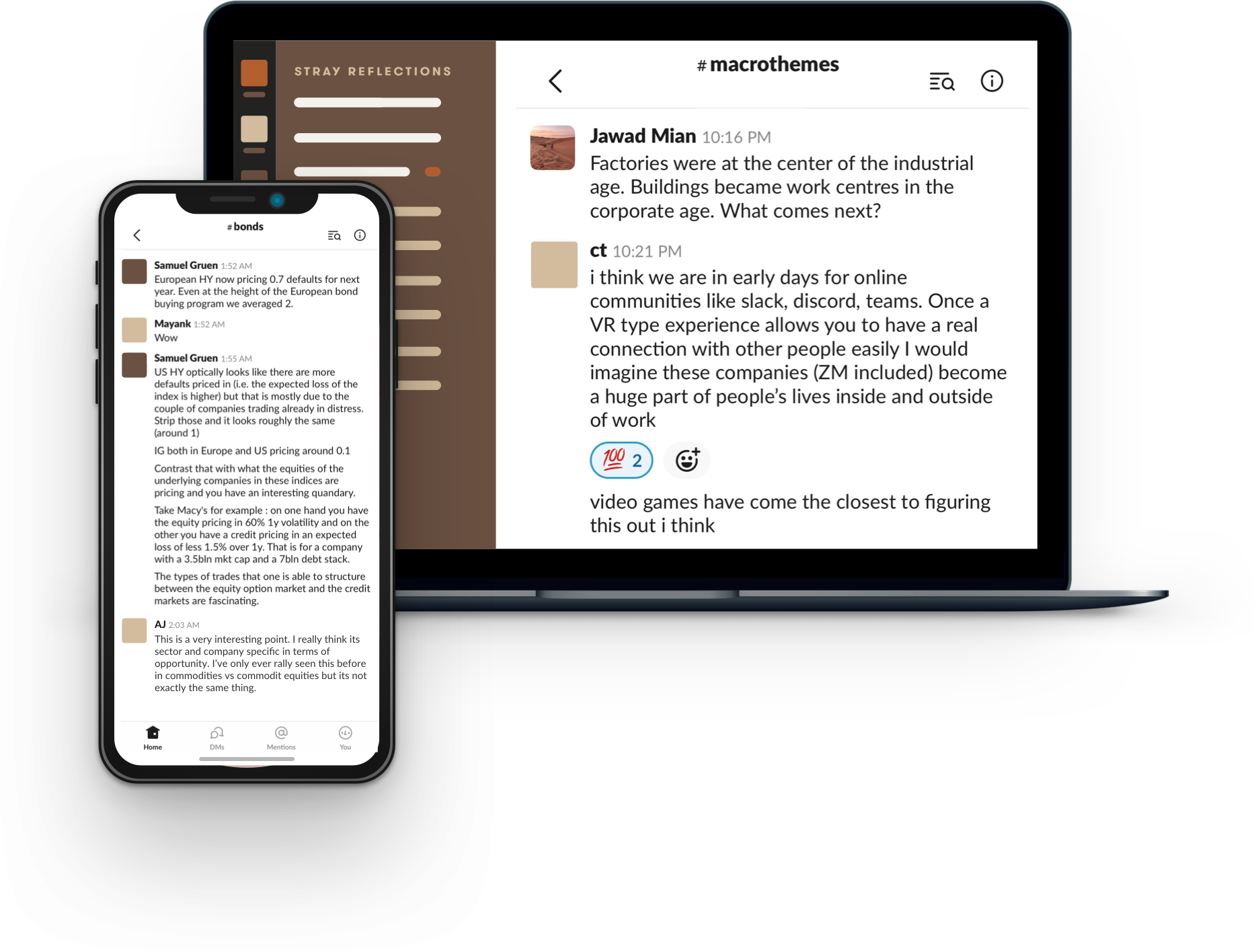Among the quick, incisive thrusts of practical wisdom from Peter Drucker is this: “The best way to predict your future is to create it.”
But before we can create, we must get to know ourselves. Drucker points out that success in the knowledge economy comes to those who know their strengths, their values, and how they best perform. Only then, armed with such self-knowledge, can we decide where we belong and what our contribution should be.
The problem is we’re all bad at evaluating our strengths. “It's amazing how few people know what they are good at,” Drucker says. We’re much better at knowing what we’re not good at. So, he suggests constantly giving yourself feedback on how you’re doing.
After every key decision or action, we should write down what we expect will happen. And some months later, compare the actual results with our expectations.
Once we’ve figured out what we’re good at, we should go to work on acquiring the skills and knowledge we need to fully realize our strengths. See where the gaps are and fill them in. Find where our intellectual arrogance is causing disabling ignorance and overcome it.
Drucker believes one should waste as little effort as possible on improving areas of low competence. “It takes far more energy and work to improve from incompetence to mediocrity,” he reckons, “than it takes to improve from first-rate performance to excellence.”
We all work differently. But few people think about exactly how they work. It is more a matter of personality—and not easily changed. Drucker questions us: Do you learn through reading, listening, writing, or talking? Do you work in large or small groups? As a decision maker or an adviser? We shouldn’t try to change our methods; rather, we should seek environments that suit them.
Working in an organization whose value system is incompatible with our own condemns us to frustration. For us to be effective in our roles, our values do not need to be the same, but they must be close enough to coexist. Organizations are built on trust; and for this, we must understand one another.
Accept that other people are as much individuals as you yourself are. This means they too have their own strengths, performance modes, and values. Bosses are entitled to work in their own way; we are required to find out what that way is. Drucker instructs: “Manners enable two people to work together whether they like each other or not.”
We should take responsibility for relationships and communication. Few people achieve on their own, and most conflict arises because we don’t communicate properly.
“If you believe in yourself, perform solo,” Drucker says. “Jobs are too risky.” He calls them “dangerous liaisons.” His advice to those taking the plunge: “If you have the emotional fortitude to last three years, you’ll succeed.” It’s not the money that’s the crucial resource; it’s that ability to survive those first years of hopeful, promising leads that lead nowhere.
Today, most work is knowledge work, and knowledge workers are not “finished” after forty years on the job, they are merely bored. According to Drucker, a midlife crisis is mostly boredom.
Around the age of forty-five, most people have reached the peak of their careers—and they know it. After twenty years of doing the same kind of work, they are very good at their jobs. But they are not learning or contributing or deriving challenge or satisfaction. They’re facing another twenty years of the same thing.
At such time, Drucker says, we should develop a second career. One way is to switch jobs for a new challenge. Another is to develop a parallel career, a side business, or volunteer. It is vitally important to have an area in which we can contribute, make a difference, and be “somebody.” This does not have to be work-related. It means finding a second area that satisfies our soul. It can be family, faith, or a personal passion.
No one can expect to reach professional heights and sustain them indefinitely. Professional decline starts earlier than almost anyone thinks. At some point we all experience a setback at work or in life. A second major interest—not just a hobby—may make all the difference. Drucker recommends that we develop it early. We must manage the second half of our life long before we enter it.
Staying mentally alert and engaged during a 50-year working life means knowing how and when to change the work we do. Contentment comes to those who see this as an opportunity both for themselves and for society.
Historically, there was no such thing as “success,” Drucker points out. The vast majority of people did not expect anything but to stay in their “proper station,” as an old English prayer has it. The only mobility was downward mobility.
In a knowledge society, however, we expect everyone to be a success. “This is clearly an impossibility,” Drucker declares from experience. “For many people, there is at best an absence of failure.”
What we should focus on instead is another question he poses: What do you want to be remembered for? The answers should change as one gets older, and adjust with changes in the world. For Drucker, the one thing worth being remembered for is how you touch people.

Photo: Unsplash






